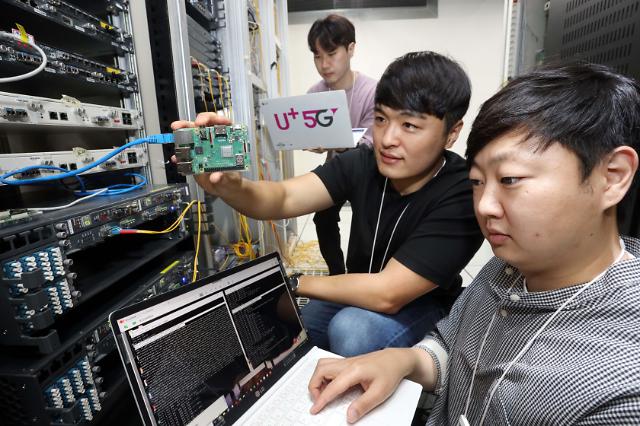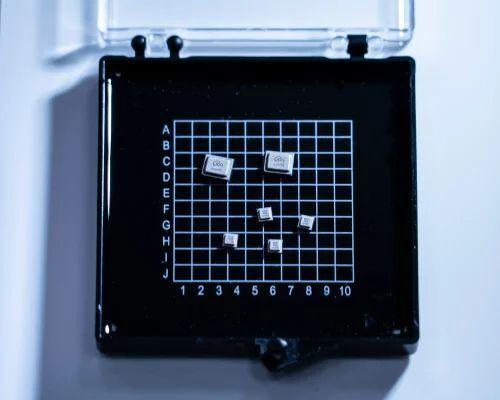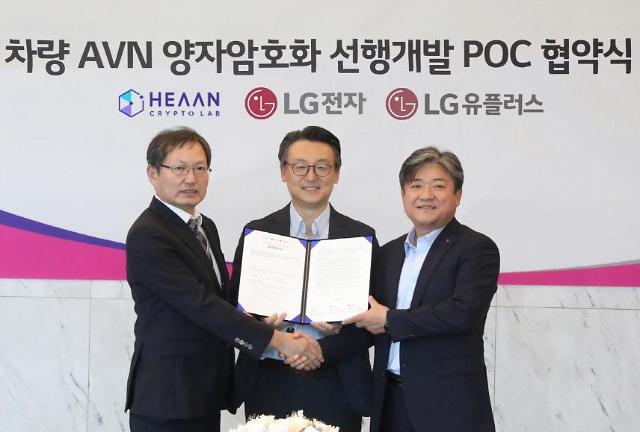
[Courtesy of LGU+]
LGU+ has partnered with Cheon Jung-hee, a Seoul National University professor of mathematical sciences who heads Cryptolab, a lab involved in encryption and data security, to develop and commercialize post-quantum cryptography technology.
Post-quantum cryptography refers to cryptographic algorithms that are thought to be secure against an attack by a quantum computer. Even though current, publicly known, experimental quantum computers lack processing power to break any real cryptographic algorithm, many cryptographers are designing new algorithms to prepare for a time when quantum computing becomes a threat.
Binary digital electronic computers are based on transistors and capacitors with data encoded into binary digits (bits). Quantum computation uses quantum bits or qubits. Theoretically, a quantum computer would gain enormous processing power and perform tasks using all possible permutations simultaneously.
"We will work hard to develop technologies to expand quantum-resistant cryptography technology in various 5G services that will be commercialized in the future," said LGU+'s network technology unit head Park Song-cheol.
As no separate network infrastructure is required for the distribution of encryption keys, post-quantum cryptography technology can be applied flexibly to various sections of wired and wireless networks that require encryption.
"It is very meaningful to apply next-generation cryptographic technology to telecom equipment for the first time in the world," said Cheon, who has worked with LGU+ to analyze network security vulnerabilities, study quantum-resistant cryptography algorithms, and develop software, optimal security network structure and equipment.
Cheon has pushed for the early introduction of quantum-resistant cryptography technology, saying that if quantum computers are commercialized, existing encryption algorithms, which were difficult to solve even after decades, will be resolved within minutes.
Quantum cryptography is an essential security solution for safeguarding critical information. Data encoded in a quantum state is virtually unhackable without quantum keys which are basically random number tables used to decipher encrypted information. Post-quantum cryptography does not require separate network infrastructure to distribute cryptographic keys because it can be applied flexibility to different sections of wired and wireless networks that require encryption.
South Korea's top mobile carrier, SK Telecom, has developed a quantum cryptographic communication solution to enhance the security of IoT (internet of things), self-driving cars and smart cities based on a 5G network.
Copyright ⓒ Aju Press All rights reserved.




View more comments